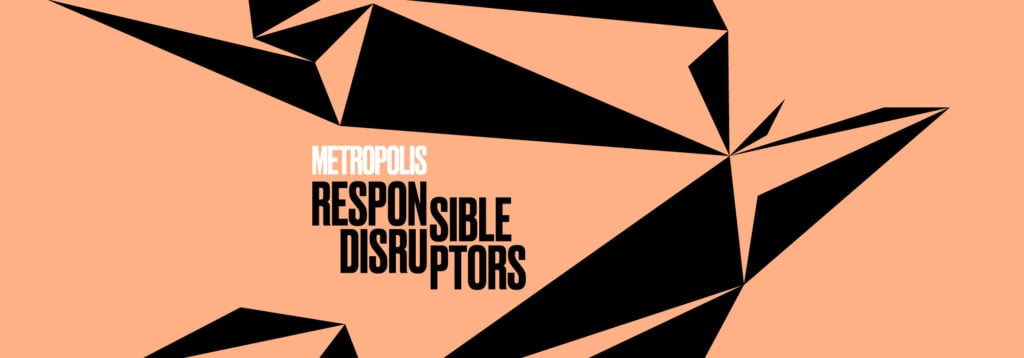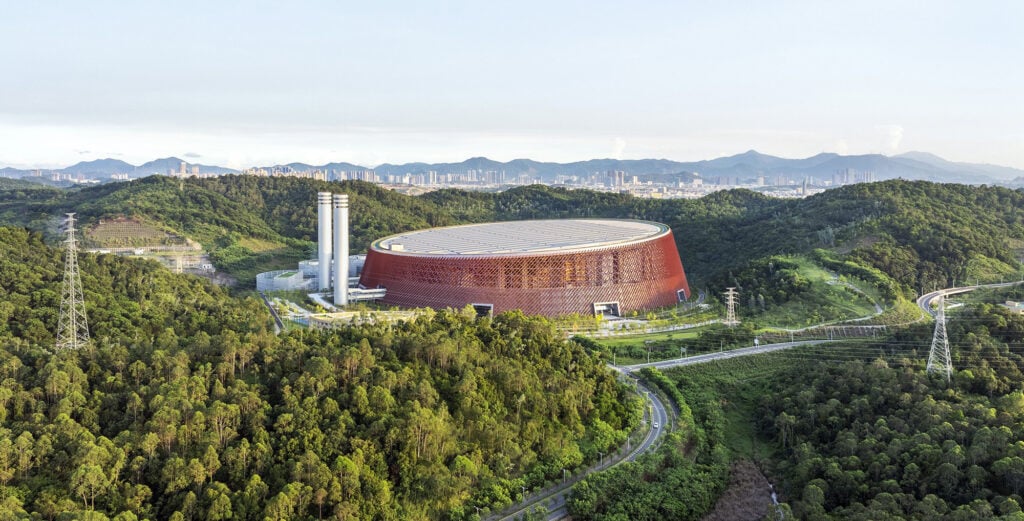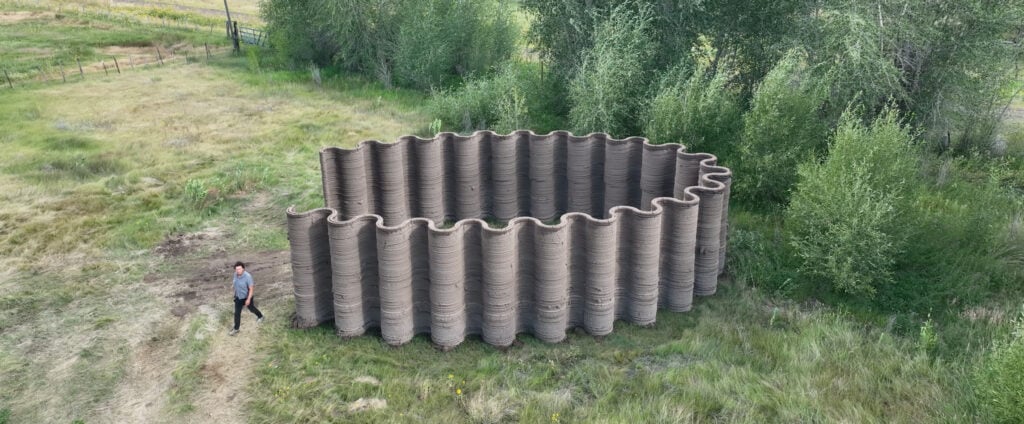
Calling all Responsible Disruptors in Architecture and Design!
Disruption Can be Ethical and Responsible.
Disruption in technology is often associated with negative consequences like social disorder, environmental degradation, and economic marginalization. Facebook founder Mark Zuckerberg epitomized this spirit with his early motto: “Move fast and break things.” But disruption doesn’t have to be so harmful. When done right, it can encourage health, wellness, efficiency, and social justice, among many other positives.
Design Must Shape Responsible Disruption
The Metropolis Responsible Disruptors program will honor projects that create this type of positive disruption, encouraging healthy innovation in the worlds of architecture and design. Projects can include building materials, building systems, digital hardware or software, fabrication technologies, automation methods, and R&D initiatives, to name just a few possibilities. While completed projects are preferred, we will also consider in-progress projects or concepts.
Submit Now!
Project submittals should include a short description of the project, high-resolution jpeg images, and a list of contributors. The deadline for entries has been extended to 11:59pm EST on Monday, Dec. 6.
Please submit your project here.
For questions, please contact Lauren Volker at [email protected].
Would you like to comment on this article? Send your thoughts to: [email protected]
Latest in Technology
Projects
The Shenzhen Energy Ring Sets a New Standard for Circular Infrastructure
The Perkins & Will–designed facility is a dynamic case study in placemaking, ensuring waste management and energy-generation become a more visible part of everyday life.
Profiles
Ronald Rael’s Solution to the Housing Crisis? Muddy Robots
The Berkeley, California–based architect’s new venture blends ancestral and artificial intelligence to create 3D-printed houses out of earth.
Products
B Corp Brands Are Creating Design for a Fairer World
The third-party designation is transforming design by putting people on par with profit.





